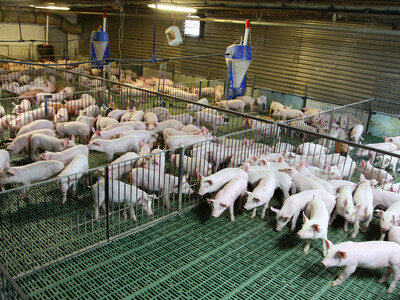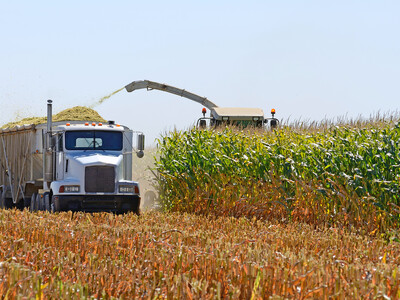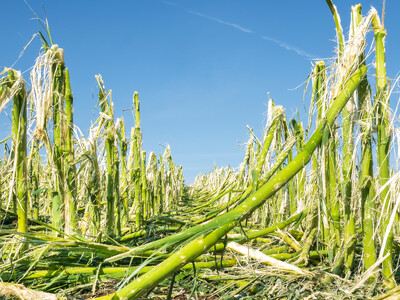Comparing Farm Bills
Comparing Bills. I’m Greg Martin with today’s Line On Agriculture.
The House Agriculture Committee approved its draft of the farm bill last Thursday morning. Mary Kay Thatcher, the American Farm Bureau Federation’s Farm Policy Specialist, says few amendments that made major changes to the bill were approved. But there are some differences between the bill just approved by the House Ag Committee and the version approved by the Senate in June.
THATCHER: There are 12 titles to the farm bill and for the most part the titles dealing with things like conservation, research, rural development, livestock, specialty crops – those are very, very similar. The real differences are in the commodity title and the nutrition title. In nutrition, the House side cut four times more money than the Senate side. In the commodity title you have the major change being that the Senate offered an option where a producer could pick a shallow loss revenue type program based on county averages or individual farm yield averages, where on the House side they said pick between target prices and a county level revenue program.
While there is little time left to get a new farm bill signed into law before the current one expires at the end of September, Thatcher stressed the importance of taking these final steps as swiftly as possible.
THATCHER: This farm bill is probably most different in the commodity perspective from past bills in that we’re moving away from support in the commodity title in things like marketing loans and counter cyclical payments and direct payments and we’re moving more towards revenue type programs and far more emphasis on the crop insurance program.
The farm bills in both houses of Congress depart from the traditional provisions that have been used to support farmers and decrease their level of risk.
THATCHER: I think right now with the drought situation that’s happening in the country that members of Congress are seeing when they go home the problems and hopefully they’re understanding that we have to pass this bill because we need a strong crop insurance program and we need those livestock disaster programs to be retroactive in 2012. So hopefully we can push this bill along.
Thatcher explains that a new farm bill will probably not be approved before the current one expires.
THATCHER: Unfortunately, I think it’s very unlikely we finish this before September 30th. Our best option is probably to have some kind of a conference committee between what the House Ag Committee approved yesterday and what the Senate approved and hope to find a vehicle that’s moving. Possibly one of the tax extenders that’s expiring in December and the lame duck session tying this to that using some of the cost savings presumably somewhere between the 23 and the 35 billion dollars that is being saved and trying to use that to offset the cost of extending a tax provision and to get the farm bill done.
That’s today’s Line On Agriculture. I’m Greg Martin on the Ag Information Network.

















